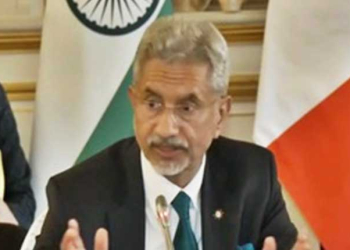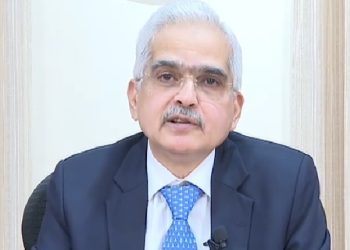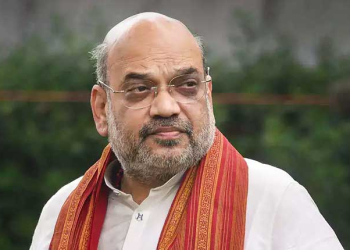New Delhi: Highlighting that the risks of climate change are the strongest negative externalities that affect India and other countries, Finance Minister Nirmala Sitharaman on Tuesday proposed several near-term and long-term actions in the Budget 2022-23.
A major portion of her budget focused on multiple measures towards achieving what she said was Prime Minister Narendra Modi’s wish list: clean and sustainable mobility, battery swapping policy, energy transition and climate action, solar power, circular economy, green bonds, tariff measure to encourage blending of fuel, and transition to carbon neutral economy.
Air pollution has been an increasing problem not just in Delhi-NCR but across India. Among other issues, agri-waste burning by farmers has been a regular contributor to the problem. “Five to seven per cent biomass pellets will be co-fired in thermal power plants resulting in CO2 savings of 38 MMT annually. This will also provide extra income to farmers and job opportunities to locals and help avoid stubble burning in agriculture fields,” Sitharaman said in her Budget speech.
Four pilot projects for coal gasification and conversion of coal into chemicals required for the industry will be set-up to evolve technical and financial viability, she said.
The Finance Minister toed Prime Minister Modi’s ‘Panchamrit’ line as she said that the strategy opens up huge employment opportunities and will take the country on a sustainable development path. Modi had said at the annual climate change conference last November at Glasgow, “What is needed today is mindful and deliberate utilisation, instead of mindless and destructive consumption.”
Stating that saving energy is an important aspect of energy management and hence, energy efficiency and savings measures will be promoted, Sitharaman said: “This will be done in large commercial buildings through the Energy Service Company (ESCO) business model. It will facilitate capacity building and awareness for energy audits, performance contracts, and common measurement & verification protocol.”
She also said that as a part of the government’s overall market borrowings in 2022-23, sovereign Green Bonds will be issued for mobilising resources for green infrastructure. The proceeds will be deployed in public sector projects which help in reducing the carbon intensity of the economy.
In promoting tariff measures to encourage blending of fuel, she said: “Blending of fuel is a priority of this government. To encourage the efforts for blending of fuel, unblended fuel shall attract an additional differential excise duty of Rs 2/litre from the first day of October 2022.”
Think tanks and other stakeholders welcomed the announcements and also suggested measures to improve.
“When the energy transition and climate action becomes one of the four pillars of the Budget speech, it sends a strong signal of the government’s intent to drive economic growth and employment through sunrise sectors focused on sustainability,” said Dr Arunabha Ghosh, CEO, Council on Environment, Energy and Water (CEEW).
He also lauded e-mobility and other efforts but warned that notwithstanding the announcements, the budget falls short of expectations on certain counts.
“The government could have reintroduced subsidies on LPG cylinders for the poor and vulnerable sections, introduced measures to promote energy-efficient appliances, and created a fund to insure against climate risks. In addition to green bonds, clean energy developers will also need government-backed credit enhancement schemes,” Ghosh said.
Country Manager, India, Tabreed, Sudheer Perla, said: “Given the need for decisive climate action, the emphasis on sustainable urban development through the establishment of new centres of excellence for urban planning, capacity building to support more holistic and integrated approaches, and revamping building by-laws and rules is commendable, all of which will act as catalysts for the growth of the country’s sustainable cooling utility market.”
Tabreed India, which is a cooling company, lauded the overall forward-looking policies and said cooling is one of the largest drivers for energy demand growth. “With cooling utilities and cooling as a service, business models are still at an embryonic stage in India. The initiatives announced by the FM will contribute to the country’s net zero goal and accelerate India’s transition to a sustainable and energy-efficient economy,” Perla said.
(IANS)


















